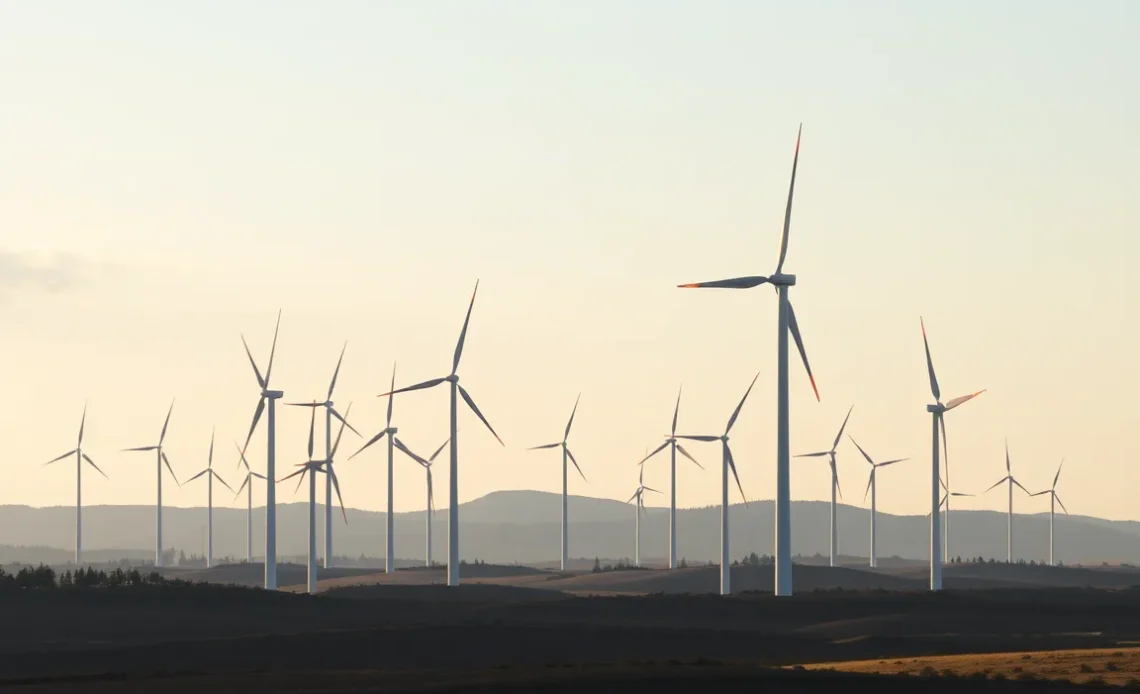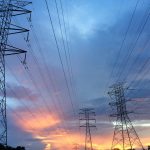
Vestas, a prominent wind turbine manufacturer, issued a warning on Tuesday regarding the anticipated consequences of President Donald Trump’s implemented import tariffs, specifically highlighting the potential for increased electricity prices for consumers across the US.
The company explicitly stated its inability to internally absorb the additional financial burden imposed by these tariffs, according to a Reuters report.
This assertion suggests a direct pass-through of these costs down the supply chain, ultimately affecting the final price of wind energy projects and, subsequently, the cost of electricity generated from wind power.
Vestas’ statement underscores the potential negative repercussions of import tariffs on the renewable energy sector and the broader energy market.
Impact of trade tensions
This raised concerns about the impact of tariffs on the affordability and accessibility of clean energy for American households and businesses.
The inability of a major player like Vestas to mitigate these tariff costs signals a potentially wider trend affecting other companies within the wind energy industry and related sectors.
This situation could potentially slow down the growth of wind power deployment in the US and hinder the transition towards cleaner energy sources.
The wind turbine industry relies on globally sourced components and materials, which exposes it to potential disruptions from international trade tariffs.
Vestas CEO Henrik Andersen was quoted in the Reuters report:
Ultimately, the tariffs will go in and be part of an increased cost to the projects and therefore it will lead to an increased price in electricity.
Vestas, the largest wind turbine manufacturer outside of China, anticipates “notable challenges” stemming from the current tariffs.
The Danish company specifically highlighted the potential impact on fulfilling its existing order backlog in the US.
Andersen did not provide specific figures for potential price increases, noting that the extent of these increases would depend on the project’s location and schedule, according to the report.
Earnings performance
Vestas announced a first-quarter operating profit of 14 million euros ($15.8 million) before one-off items.
This result surpassed analyst expectations from a recent poll, which had anticipated a loss of 29 million euros.
Vestas anticipates that potential tariff impacts can be managed within their existing 2025 financial outlook, which led to an approximate 4% increase in the company’s share price.
Besides tariffs, the wind industry’s growth is hampered by grid bottlenecks, protracted permitting, tighter financing, and strong US government resistance to offshore wind development.
Meanwhile, Equinor’s Empire Wind I offshore construction in New York State has been halted following a stop-work order from US Interior Secretary Doug Burgum, the Norwegian energy company announced last month.
This development is a setback for both Equinor and the broader offshore wind industry.
Anderson further stated that the possible loss of the 810-megawatt order is not expected to have a major effect on Vestas.
He said:
If it’s not being built, we adjust it out of the backlog, and then we take the turbines to some of our other customers if it’s possible to reallocate.
The post Wind turbine giant Vestas unable to absorb tariff costs, predicts price hikes in the US appeared first on Invezz






